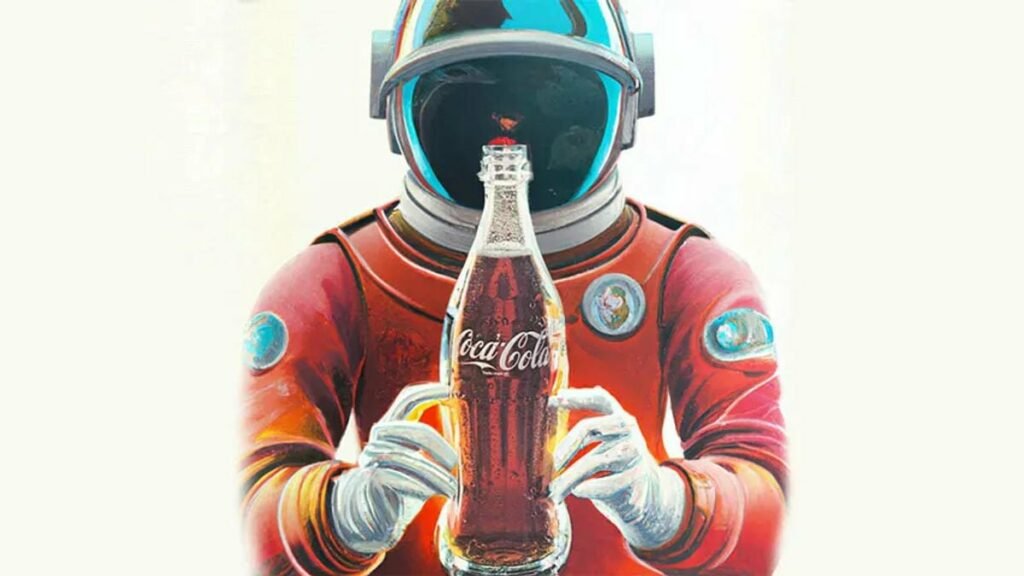
Numerous companies find themselves at a crossroads when considering the integration of artificial intelligence (AI) into their operations. In contrast, Coca-Cola stands poised to fully embrace AI, recognizing its significance as an integral component within its expanding portfolio of strategies to foster corporate growth. Distinguished as a trailblazer among consumer brands, Coca-Cola has spearheaded the adoption of generative AI within the industry. In a span of merely nine months, the beverage giant has effectively leveraged this cutting-edge technology across various applications, resulting in the development of one of the most successful campaigns of the year. This accomplishment not only showcases Coca-Cola’s innovative approach but also establishes a pioneering path for other brands to follow in 2024 and beyond.
Embarking on a profound digital transformation initiative, Coca-Cola has set forth on a strategic journey to leverage artificial intelligence (AI) for the purpose of streamlining operational processes, enhancing overall efficiency, and providing personalized customer experiences. In a strategic collaboration with a team of seasoned AI experts, the renowned beverage giant has undertaken the development and implementation of Cola 3000—a state-of-the-art AI-powered system designed to revolutionize and optimize various facets of its operations. This collaborative effort underscores Coca-Cola’s commitment to staying at the forefront of technological innovation and its dedication to harnessing the potential of AI to propel the company into a new era of operational excellence and customer-centricity.
Through the strategic placement of appropriate products in specific locations, Coca-Cola experienced a notable upswing in the performance of its vending machines. This optimization strategy resulted in a remarkable 15% surge in transaction volumes, indicative of the effectiveness of aligning product offerings with consumer preferences in various locales. Furthermore, the implementation of AI played a pivotal role in this success story by providing predictive analytics. This advanced technology afforded Coca-Cola insights into how specific products would likely perform at particular locations, enabling the company to make informed decisions about inventory and placement.
As a direct outcome of this data-driven approach facilitated by AI, the necessity for restocking visits witnessed a significant reduction, plummeting by an impressive 18%. The integration of predictive analytics not only enhanced the operational efficiency of Coca-Cola’s vending machine network but also underscored the transformative power of AI in optimizing resource allocation and improving overall business outcomes. This success story exemplifies how forward-thinking companies, like Coca-Cola, can leverage AI-driven insights to not only meet but surpass consumer expectations, fostering a more streamlined and responsive approach to product distribution and customer engagement.
The question arises: is this AI trend merely a fleeting fad, or does it represent the future landscape of business? The answer, particularly concerning its impact on Coca-Cola, remains uncertain, as the industry is still in its infant stages, making it challenging to definitively predict the outcome of AI integration. Nevertheless, the strides made by Coca-Cola in incorporating AI into its business operations underscore the potential benefits that may unfold as this technology continues to evolve and mature. Only time will reveal whether AI is a transformative force that will reshape the business landscape or if it remains a speculative endeavor in the corporate realm.
Discover more from Grubbits
Subscribe to get the latest posts sent to your email.
